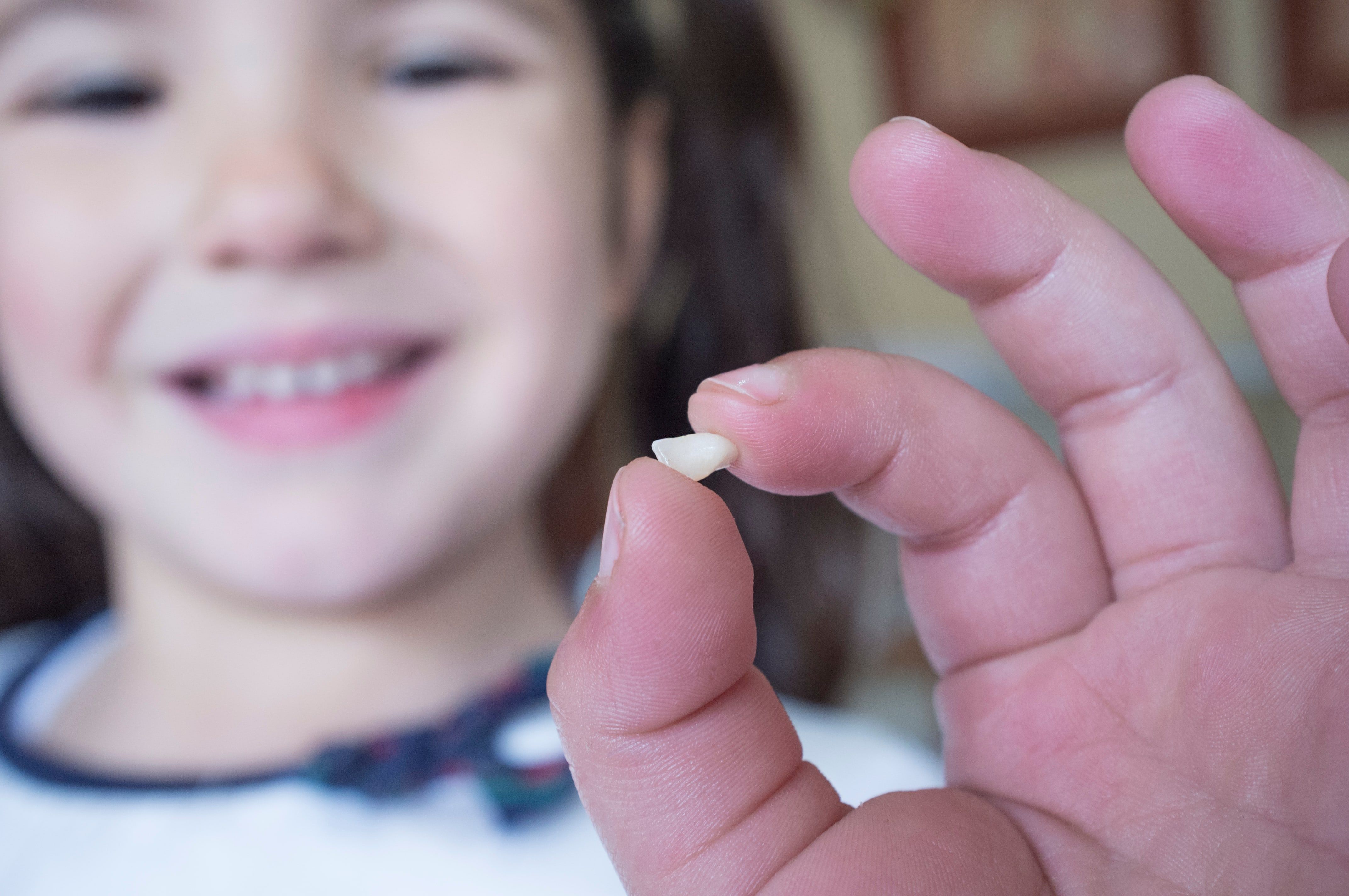How Children’s Teeth Erupt and Fall Out

Understanding the normal cycle of how teeth erupt and fall out of your child’s mouth will help you make sure that their dental health is right where it should be. Deviations from this process can be normal in some cases, however they may also indicate a dental issue. It is important that you address any concerns you have with your dentist to ensure your child is receiving the best dental care.
Your child will begin getting their first teeth around the young age of six months. Usually the first tooth will come in around this time and will be followed by the others. A common rule of thumb notes that four new teeth will erupt every six months from this point forward. The eruption process most commonly starts with the bottom front teeth, then the top front teeth, followed by teeth in the back, ending with the molars. It will generally take until the child has turned three years old before they will have all twenty of their primary, or baby teeth. These teeth are whiter than adult teeth, as well as much smaller in size.
Around the age of five, the body begins to prepare itself for the next stage of teeth. To accommodate a larger set of adult teeth, the jaw and facial bones begin to grow and leave spaces between primary teeth. By the time the child is six, they may start to lose their first tooth. Just as before, there is a general order in which teeth are lost and then replaced by adult teeth. Generally speaking, teeth are usually lost in the same order in which they erupted. From the ages of six to about twelve, the primary teeth will continue to be lost and replaced by adult teeth.
Although primary teeth will be lost and replaced by permanent adult teeth, it is still important to take good care of them. Primary teeth have different functions including: reserving space for permanent teeth, helping to shape the face, assisting in good speech, ensuring good nutrition, and providing a healthy foundation for permanent teeth.
Part of taking care of your child’s baby teeth is making sure that they are properly replaced if lost prematurely. This is not always necessary depending on the circumstances, but you will want to check with your dentist to be completely sure. Primary teeth that are lost too soon can cause spacing problems or tooth shifts if they are not remedied right away.
Your child will start getting their adult teeth around age seven or eight and this will continue until they get their last inside molar around the age of thirteen. However, most children will also develop a third premolar around their emergence into adulthood. This tooth is more commonly referred to as the wisdom tooth and it erupts anywhere from the ages of seventeen to twenty-one. Generally, this tooth will need to be extracted as to not cause harm to the other teeth, but some individuals are able to successfully keep their wisdom teeth.

